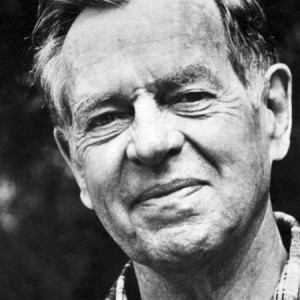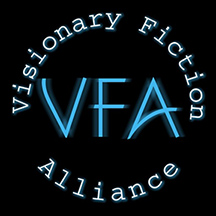 Within the current socio-political circus came the idea to write an article about the Hero’s Journey for the Visionary Fiction Alliance (VFA). Although the topic relates to myths and stories, we can also become heroes on our journeys. Each completed cycle can be an advancement in evolutionary growth that continues until our last breath. But sometimes we get stuck along the way.
Within the current socio-political circus came the idea to write an article about the Hero’s Journey for the Visionary Fiction Alliance (VFA). Although the topic relates to myths and stories, we can also become heroes on our journeys. Each completed cycle can be an advancement in evolutionary growth that continues until our last breath. But sometimes we get stuck along the way.
BELLY OF THE WHALE
I stalled during the middle of writing the VFA post because the upcoming election led me to an existential crisis. I found myself stuck in the belly of the whale stage of the Hero’s Journey, where the hero dies and must be reborn. Watching people fighting each other to prop up two flawed individuals made me question why so many of us place humans on pedestals.
“I stopped getting mad at politicians years ago and started getting mad at myself instead. The blame for the grinding dullness and depressing predictability of the current election cycle is on the electorate as much as it is on the candidates. That America gets everything it deserves and settles for is a hard truth to swallow. Maybe one day, we’ll get tired of choking on it.” Henry Rollins
Those of us who pulled out of the political congregation reached the same conclusion as Rollins. We are ideological agnostics because we recognize that clinging to our ideologies holds us back. We’re the rebels that scream for the empire to topple so that we can live freely with one another. You might not hear us because we’re few in number, so we’re never really heard other than through our books, music, podcasts or blog posts. When we are heard, we’re called crazy or mentally disturbed because we refuse to capitulate to groupthink. We have the strength of mind and spirit and are immune to whatever names are thrown at us. Knowledge of inner-truth is our shield, and we’re grounded in our spirit. But sometimes even hero’s fall and have to rise again.
As I listened to the media and politicians spew hatred and hypocrisy, I thought about my daughters’ future. I became despondent, imagining what today’s children would be inheriting because of our shortsightedness. That thought awoke a fear in me that I had to defeat.
IN A POSITIVE FREEFALL
How do we stay on the path when we’re facing our version of an empire run by shadowy Darth Vaders? From beyond the grave, Campbell answers the question.

“We’re in a freefall into future. We don’t know where we’re going. Things are changing so fast, and always when you’re going through a long tunnel, anxiety comes along. And all you have to do to transform your hell into a paradise is to turn your fall into a voluntary act. It’s a very interesting shift of perspective and that’s all it is… joyful participation in the sorrows and everything changes.”
― Joseph Campbell, Sukhavati
FREEDOM TO LIVE
If hell is being created, I don’t have to play along. I can forge my own path. With that realization I was shot from out of the belly’s spout and on to the freedom to live stage of my journey, where I reclaimed the balance between my internal and external reality.
Spiritual lessons never end. However, I find it more difficult now than at the start of my own hero’s journey. The more the veil is lifted, the harder I have to work to expand my consciousness. And since I evolved a little bit more while writing this post, I guess you can say this is a visionary post!
Please click here to read the article about how the hero’s journey relates to visionary fiction.



 Within the current socio-political circus came the idea to write an article about the Hero’s Journey for the
Within the current socio-political circus came the idea to write an article about the Hero’s Journey for the 

